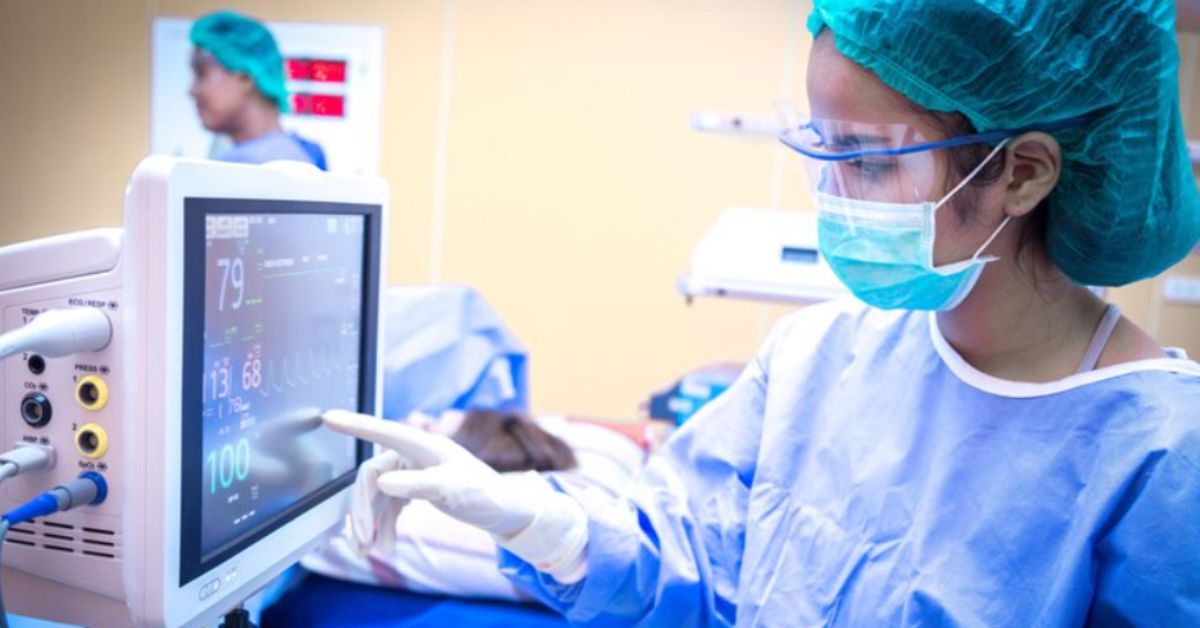Medical device reprocessing is a critical aspect of healthcare that ensures patient safety and infection control. As the demand for sterile environments and properly sanitized medical equipment continues to rise, so too does the need for well-trained and certified professionals. In Ontario, Canada, the Medical Device Reprocessing Association of Ontario plays a vital role in setting the standards and certifying professionals in this field.
The Role of the MDRAO
In 2025, the MDRAO continues to update its standards and curriculum to align with the evolving needs of healthcare providers, making the MDRAO practice test a crucial preparatory step for candidates.
The Medical Device Reprocessing Association of Ontario is a recognized authority in Canada that provides education, resources, and certification for medical device reprocessing professionals. The organization promotes excellence in the field by offering standardized training and certification pathways that reflect current healthcare guidelines and technological advancements.
Importance of the MDRAO Practice Test
The MDRAO practice test is more than just a study tool—it’s a strategic asset that can significantly impact a candidate’s performance on the certification exam. Here’s why it’s so important:
1. Familiarity with Exam Format
Understanding how questions are structured helps reduce exam anxiety and improves time management. Practice tests mimic the real exam environment, helping candidates acclimate to the pressure and pacing.
2. Assessment of Strengths and Weaknesses
Taking a MDRAO practice test allows candidates to identify areas where they excel and topics that need more review. This targeted study approach is far more effective than general revision.
3. Boosting Confidence
Confidence is key to success in any exam. By scoring well on multiple practice attempts, candidates feel more assured in their abilities and are better prepared mentally for the certification experience.
4. Reinforcing Learning
Practice questions reinforce theoretical concepts and help solidify memory retention. They simulate real-life scenarios that require critical thinking, improving overall comprehension.
5. Reducing Surprises
Being familiar with question phrasing, subject distribution, and difficulty level ensures fewer surprises during the actual test. This preparation can make a significant difference in performance.
Understanding Medical Device Reprocessing
Medical device reprocessing refers to the cleaning, disinfection, sterilization, and preparation of reusable medical instruments and devices. These processes are performed in accordance with strict health and safety standards, and they are crucial to preventing the transmission of infections and ensuring optimal patient outcomes.
Medical device reprocessing involves several steps:
- Cleaning: Removing organic and inorganic material from instruments.
- Disinfection: Eliminating most pathogens except bacterial spores.
- Sterilization: Using physical or chemical means to destroy all forms of microbial life.
- Inspection and packaging: Ensuring devices are properly functioning and securely packed for use.
Professionals in this field must understand microbiology, infection prevention, sterilization techniques, regulatory standards, and equipment handling protocols.
Career Opportunities in Medical Device Reprocessing
With MDRAO certification in hand, professionals can explore various career paths in the healthcare sector. Some of the common roles include:
- Medical Device Reprocessing Technician (MDRT): Core position focused on cleaning, disinfecting, and sterilizing instruments.
- Sterile Processing Technician: Similar to MDRT, often found in hospitals and surgery centers.
- Supervisor or Department Manager: Overseeing reprocessing operations and ensuring regulatory compliance.
- Infection Control Assistant: Working closely with infection prevention teams to maintain sterile conditions.
As healthcare systems prioritize infection control more than ever, certified reprocessing professionals are in high demand. The certification serves as a mark of quality and professionalism, opening doors to stable employment and career advancement.
Trends Shaping the Field in 2025
As technology and healthcare practices evolve, the medical device reprocessing industry continues to innovate. Some of the major trends impacting the field in 2025 include:
1. Automation and Robotics
Automated washers, ultrasonic cleaners, and sterilizers are becoming standard, requiring technicians to be proficient in using and troubleshooting these machines.
2. Digital Tracking Systems
Many facilities use barcode and RFID systems to track instrument sterilization and usage, making documentation and traceability more efficient.
3. Sustainability in Reprocessing
Environmentally friendly practices, such as reducing single-use plastics and implementing energy-efficient sterilization processes, are gaining traction.
4. Stricter Compliance Standards
Regulations are becoming more stringent. Certified professionals must stay updated on new protocols and maintain continuing education credits.
Conclusion
Medical device reprocessing is a cornerstone of modern healthcare, and professionals in this field play a vital role in ensuring patient safety. Certification through the Medical Device Reprocessing Association of Ontario validates a technician’s skills and opens the door to meaningful, stable careers.
Preparation for the certification exam should be strategic, thorough, and structured. One of the most effective tools available to candidates is the MDRAO practice test. It helps reduce anxiety, identifies knowledge gaps, and builds the confidence needed to succeed.

